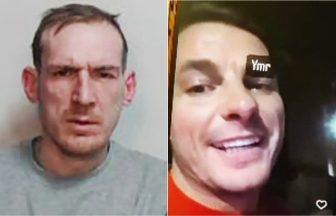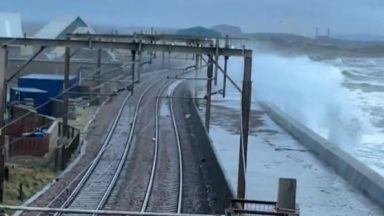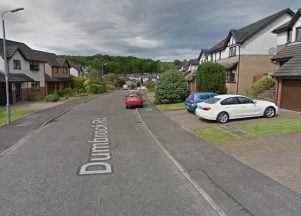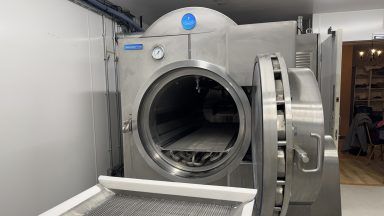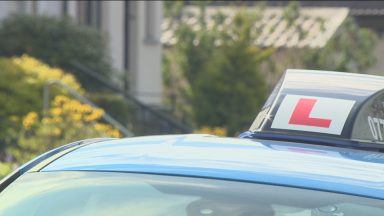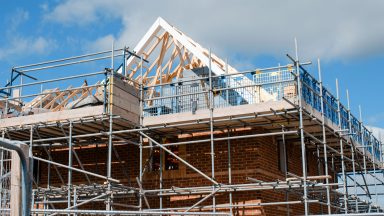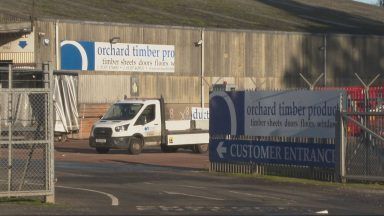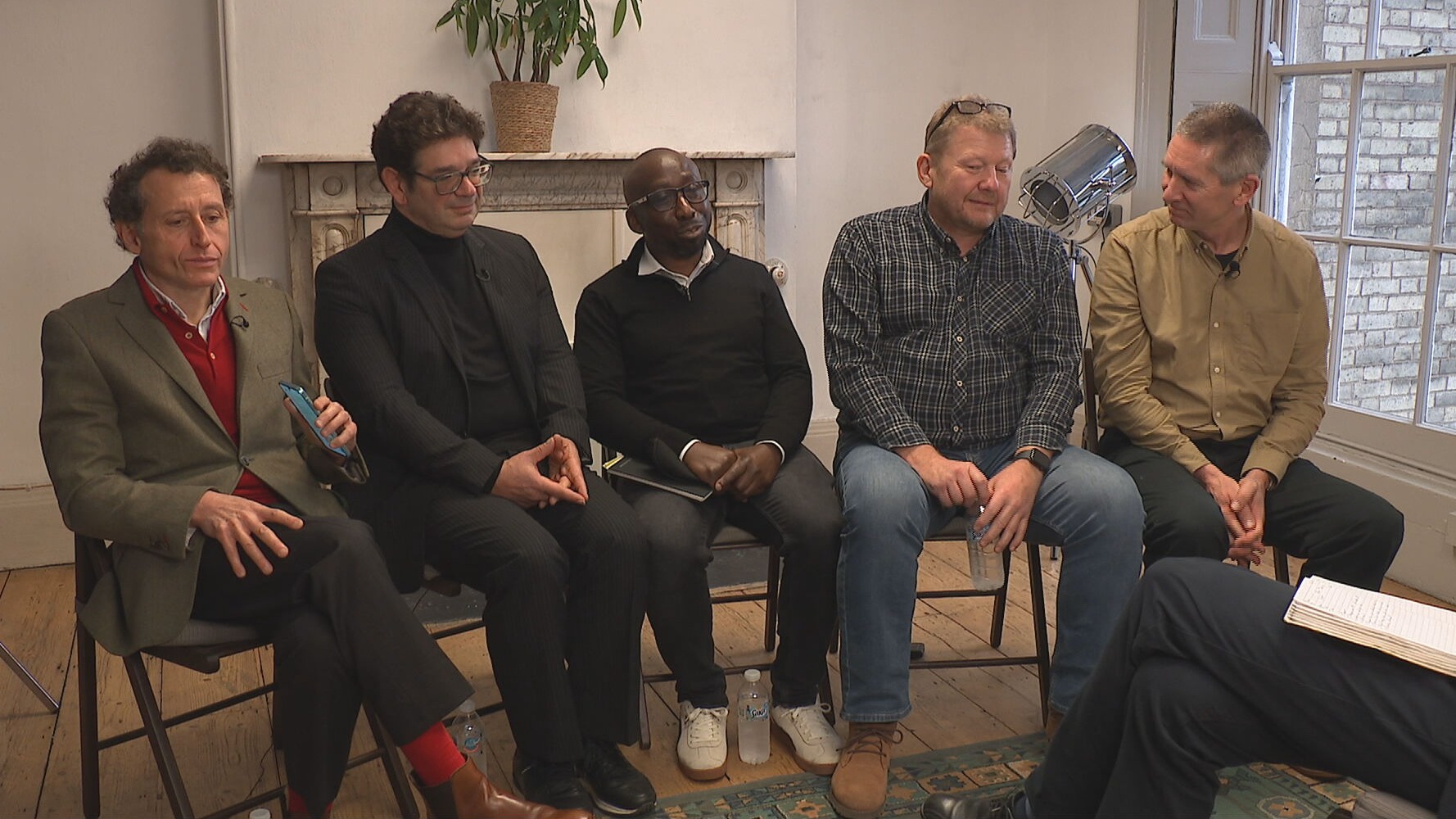A former frontline paramedic has told an inquiry Scotland’s ambulance service was “nowhere near” being prepared for a potential pandemic when Covid-19 first started spreading throughout the country.
Robert Pollock, a clinical adviser paramedic working for the Scottish Ambulance Service (SAS), told the Scottish Covid-19 Inquiry on Tuesday it took managers “months” to acquire adequate levels and standards of PPE to protect staff during the first wave.
Mr Pollock, GMB Scotland branch secretary for West Ambulance Control Centre based in Cardonald, Glasgow, explained to the inquiry he was tasked by the union to monitor supplies of PPE within the ambulance service across Scotland when the pandemic hit the UK in 2020.
He said members frequently raised concerns about the availability and quality of some of the PPE they were forced to use during the early days of the pandemic and had pressed for better protection to be sourced from suppliers.
“What was available was not what they expected,” he said. “They wanted a much better level than was available at that time.”
Mr Pollock, who was a frontline paramedic before being taken off patient-facing duties for health reasons during the pandemic, told the inquiry he monitored supplies of PPE in more than 400 vehicle stations around the country.
He explained he would regularly seek to reassure staff reporting shortages more PPE was on the way to their location but availability remained an issue despite efforts by the SAS to acquire more.
“More often than not, it didn’t materialise,” he said, adding assurances he was given by managers that specific amounts of PPE would be delivered to stations often fell short of expectations.
“I don’t think it was deliberate attempt to mislead,” he said. “I just think they were overpromising and maybe let down by other third parties.”
Mr Pollock said supplies of all-in-one suits to protect staff from infection were particularly scarce during the first days of the pandemic.
“People were obviously looking to get these coverall suits to give themselves as much protection as possible and the availability was very, very poor,” he said.
The sizes of what suits were available to staff were often way larger than what they required, Mr Pollock said, adding they were clearly “not fit for purpose”.
“It took a long time to get more appropriate sizes and quantities of these particular suits.”
Asked how long some staff waited for more suits to be delivered, Mr Pollock replied: “Months. It took months.”
Mr Pollock went on to tell the inquiry workers were seeing images on television of medical staff working in other parts of the UK wearing the same suits and questioning why they were not being given the same protection.
Asked why other parts of the UK appeared to have larger supplies of the suits, Mr Pollock replied: “I just think they were maybe more prepared in other parts of the country.”
Mr Pollock added he believed SAS managers had done their “level best” to acquire more PPE during the crisis but they had “missed the boat” in terms of preparedness for a pandemic.
“I don’t think they were prepared for a virus,” he said, before moving on to discuss a training exercise previously held in the UK to test the country’s preparedness for an influenza outbreak.
Mr Pollock said the exercise identified “a lot of failings” involving equipment and resources and that he felt lessons had not been learned from that exercise.
“I don’t think, personally, that they picked up the lessons that that brought to the table,” he said.
“I think if they had done, I think we would have had a much more ready state when it (Covid-19) arrived.
“Despite that exercise taking place and the passage of time, in my opinion, we were nowhere near ready for a Covid-type virus.”
The inquiry continues.
Follow STV News on WhatsApp
Scan the QR code on your mobile device for all the latest news from around the country


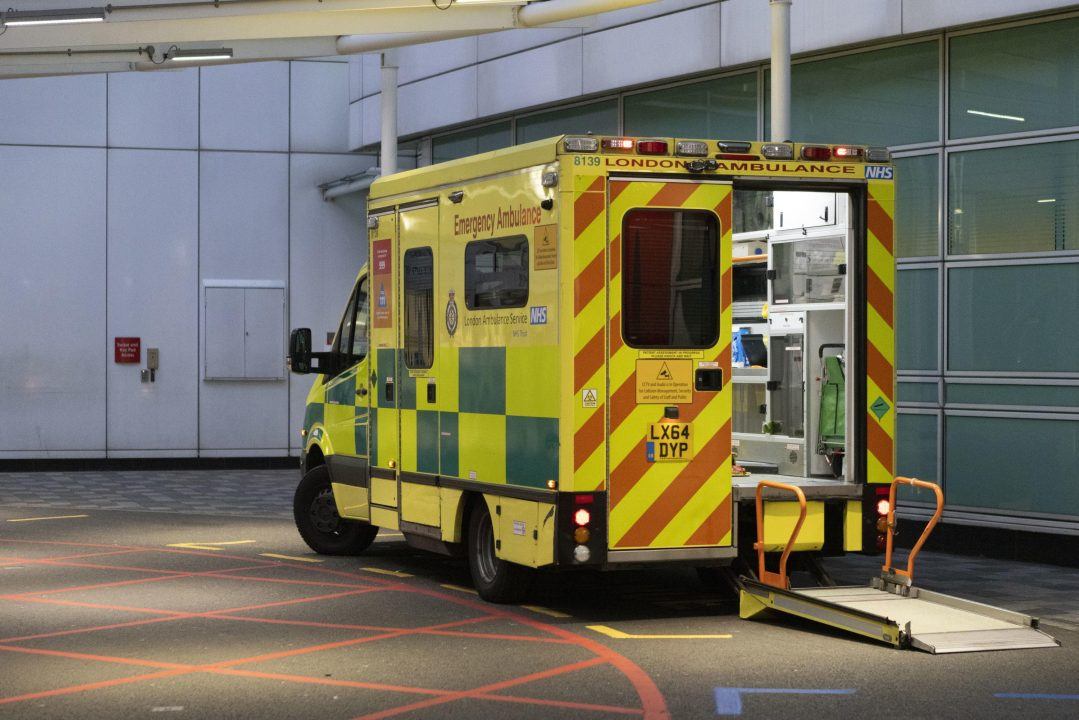 PA Media
PA Media

